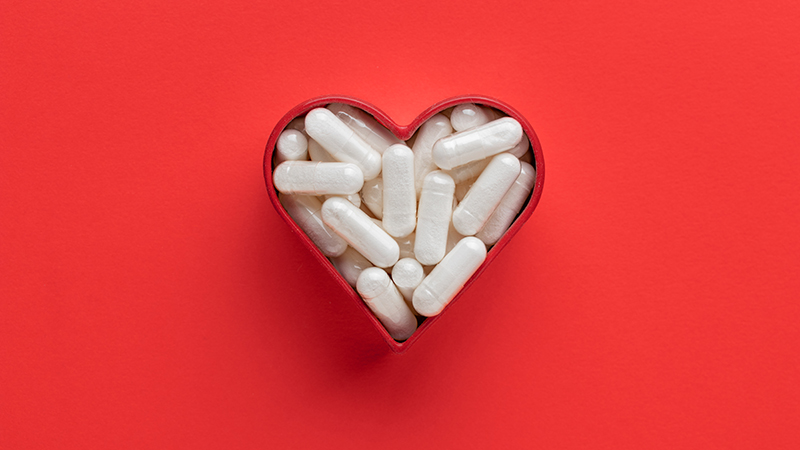Pumping and Dumping Myths
Published June 2019
Breastfeeding, Alcohol and Medication
If you’re breastfeeding, you may have many questions about how medications and alcohol affect your breastmilk and enter your infant’s system. While caution is important, current research suggests that most medications are compatible with breastfeeding, and the occasional use of alcohol doesn’t appear to be harmful to the nursing baby.
It should be noted that premature babies and newborns require a more conservative approach because they may not metabolize medication and alcohol as effectively as healthy older infants. And, if your child consumes alcohol-tainted breast milk frequently, they may experience developmental delays, sleep pattern interruptions and other health issues.
However, moderate alcohol consumption, or one drink per day, is considered safe by the Centers for Disease Control and Prevention. “Occasional and responsible use of alcohol is typically not harmful to babies,” says Northwestern Medicine Lactation Consultant Jennifer Kleckner, RN.
If you’re a mom who’s chosen to breastfeed your child, you’ve likely heard the phrase “pump and dump,” which can refer to the practice of pumping your milk after you’ve consumed alcohol and discarding it so that your baby doesn’t ingest it. Here, Kleckner clears up common “pump and dump” myths.
Myth No. 1: If I pump out contaminated milk once, then my milk is clean.
“The amount of alcohol that gets into the milk is relatively small,” says Kleckner. “The general rule of thumb is that if you would be legally safe to drive after drinking alcohol, then your breastmilk is safe for your infant. There is no need to pump and dump after drinking alcohol other than for mom’s comfort.”
However, any milk pumped when your blood alcohol content is 0.08 percent or higher, when you’d be considered “legally intoxicated,” should be discarded.
Myth No. 2: I can expedite the removal of alcohol from my system by drinking water.
“Alcohol passes through your breastmilk at the same rate as it passes through your bloodstream,” says Kleckner. “All you can do is wait.” The recommended wait time is two hours.
Myth No. 3: I can remove alcohol from my pumped breastmilk.
“There’s nothing you can do to remove the alcohol from your milk once pumped,” says Kleckner. If you’re concerned about alcohol tainting your breastmilk, Kleckner suggests pumping milk prior to consuming an alcoholic beverage.
Myth No. 4: Alcohol can increase milk supply.
Actually, excessive alcohol consumption has been linked to shortened breastfeeding duration because of decreased milk production, as alcohol can interfere with the mother’s milk ejection reflex.
“I support moms in enjoying an occasional social drink,” says Kleckner. “But it is not true that beer or any other alcohol increases milk supply.”
Myth No. 5: I should discard all my milk if I’ve taken a medication.
Most medications are compatible with breastfeeding. For the few that may present a concern, there may be a compatible alternative available, according to Kleckner.
“Talk to your physician, pharmacist or lactation consultant to identify medications that are safe to use while breastfeeding,” says Kleckner.
Kleckner suggests that if you are pumping and dumping because you are unsure of the safety of a medication, you should consider pumping and freezing your milk instead in case you find out that you are able to use it. Mark the milk clearly in your freezer so that you and your partner know what medication it may contain and the date pumped; then, consult an expert to see if it may be safe to use. (This does not apply to breastmilk that contains alcohol.)
“I have known moms who were prescribed an antibiotic, and pumped and dumped their milk only to find out later that it was compatible with breastfeeding,” says Kleckner. “Breastmilk is a precious resource. When in doubt, save and label your milk, and crosscheck the compatibility of your medication before discarding.”
The health and safety of your baby is the most important when considering breastfeeding and drinking. Find breastfeeding support at Northwestern Medicine.





